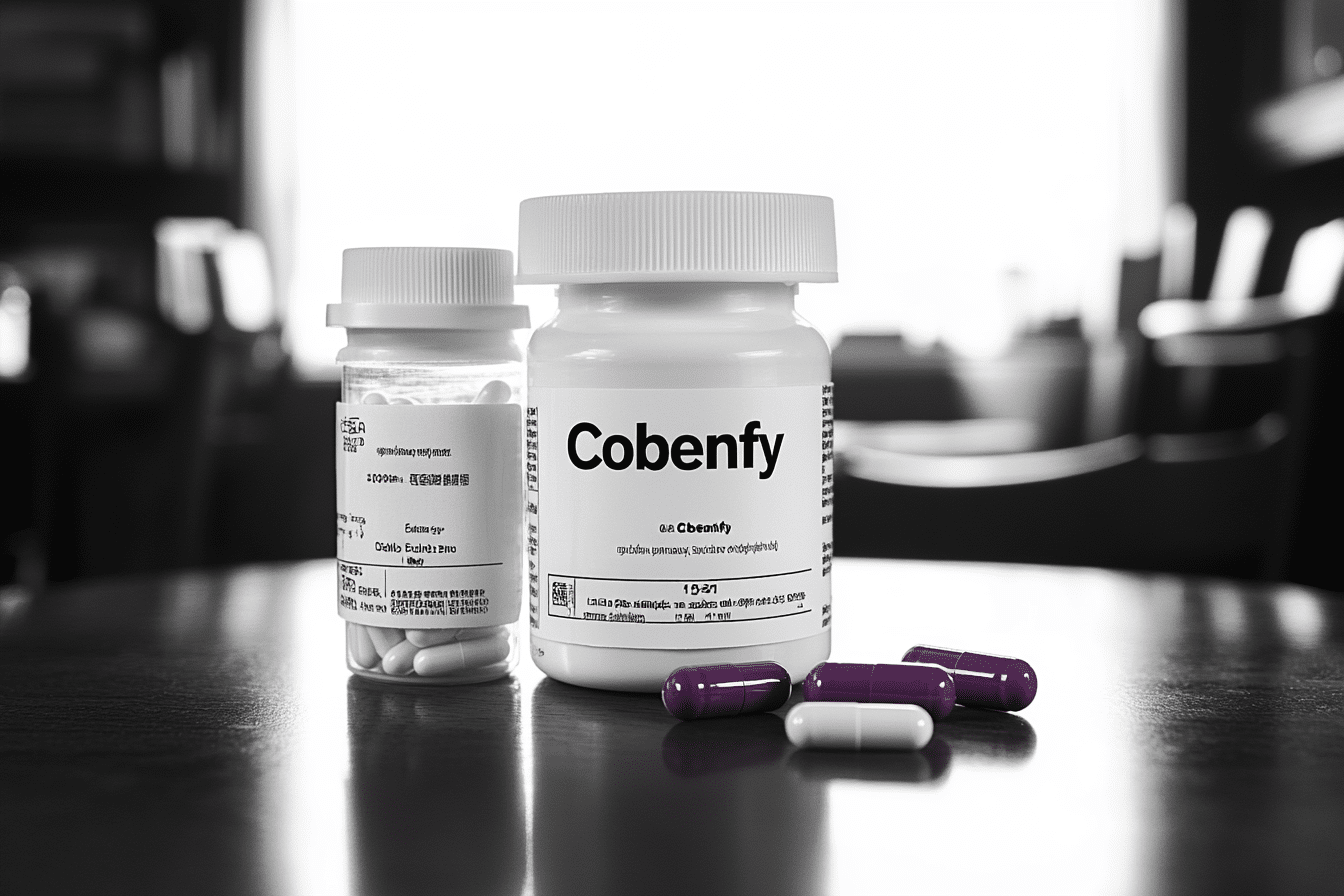The U.S. Food and Drug Administration (FDA) recently approved Bristol Myers Squibb’s groundbreaking schizophrenia drug, Cobenfy. This is the first novel treatment for the condition in over seventy years, offering new hope for millions of individuals battling schizophrenia. “I think there’s potentially a transformational moment in how we treat and talk about schizophrenia,” said Andrew Miller, former president of Karuna Therapeutics, which developed the drug.
A New Option for Schizophrenia Patients
Schizophrenia is a chronic and debilitating mental disorder that affects nearly 3 million adults in the U.S. Current treatments often come with severe side effects, leading many patients to discontinue their medications. Only 1.6 million people currently receive treatment for the condition, with 75% stopping their prescribed medications within the first 18 months due to poor tolerance or lack of effectiveness.
Cobenfy, set to be available by late October, promises to change that. It works differently from traditional antipsychotics by targeting muscarinic receptors in the brain, reducing dopamine activity without the harsh side effects. “The enthusiasm that we’re hearing from physicians is the opportunity to have a patient go onto treatment without seeing the side effects but also getting unprecedented-like efficacy,” said Adam Lenkowsky, Bristol Myers Squibb’s chief commercialization officer.
Price and Accessibility Concerns
Despite the excitement surrounding Cobenfy, its cost could present challenges. The drug will be priced at $1,850 for a month’s supply, which adds up to $22,500 annually. While the company expects most patients, particularly those on Medicare and Medicaid, to have minimal out-of-pocket costs, there are still concerns about affordability. “If it were up to me, I wouldn’t necessarily say we have to try X number of antipsychotics first. But I know from experience that cost will dictate this,” remarked Nina Vadiei, a clinical psychiatric pharmacist.
To mitigate financial burdens, Bristol Myers Squibb plans to launch a program to help patients afford Cobenfy, although it remains unclear how much it will aid those without insurance.
Clinical Trials and Future Research
The FDA’s approval of Cobenfy was based on multiple clinical trials that demonstrated its effectiveness in significantly reducing schizophrenia symptoms compared to a placebo. “Cobenfy mostly led to mild to moderate side effects, which were mainly gastrointestinal and dissipated over time,” said Andrew Miller.
Looking ahead, Cobenfy may hold promise for treating more than just schizophrenia. Bristol Myers Squibb is conducting late-stage trials to explore its potential in addressing psychosis in Alzheimer’s patients, with results expected by 2026. Other areas of interest include bipolar mania and irritability associated with autism. “We are developing the drug not only for schizophrenia but six other indications,” said Dr. Samit Hirawat, Bristol Myers Squibb’s chief medical officer.
The approval of Cobenfy marks a significant step forward in the treatment of schizophrenia and possibly other mental health conditions. As Bristol Myers Squibb continues to explore additional uses for the drug, Cobenfy has the potential to transform care for millions of patients. With ongoing research and advancements, this drug could be a vital tool in the future of mental health treatment.




